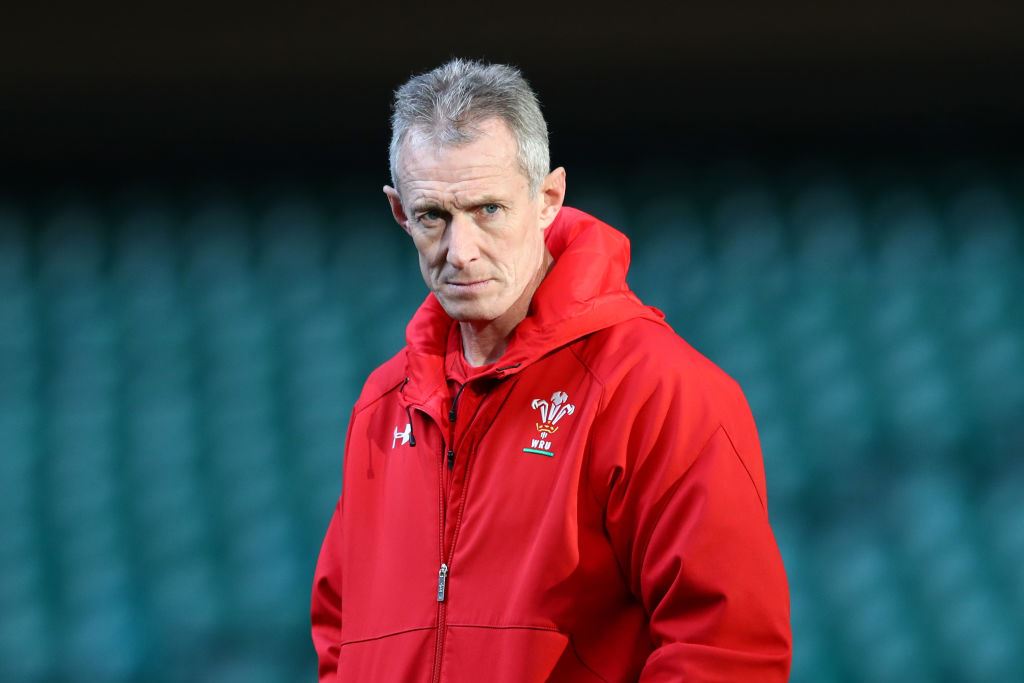
ROB Howley’s nine-month ban (with a further nine months suspended) for breaching World Rugby‘s gambling regulations is not something to be taken lightly.
The spectre of match-fixing is an attendant danger if coaches or players gamble on the outcome of games, and there are a few things more corrosive to the fabric of a sport than people involved in it using underhand, illicit methods to make money by influencing results.
It is why World Rugby’s regulations stipulate unequivocally that no employee in the game can bet on it – and the decorated Wales and Lions assistant coach, like everyone else in the pro game, knew the rules.
However, the crucial finding of the Welsh Rugby Union’s investigative panel announced lat week was that Howley’s gambling, which involved 363 bets on a total of 1,163 matches over a four-year period from November 2015 to September 2019, was about having a compulsion to bet rather than any form of corruption.
The panel’s decision included a statement exonerating the 49-year-old, who was an outstanding former Wasps, Wales and British and Irish Lions scrum-half, of any dubious
practice.
It said: “His breach of the regulation caused no damage to the commercial value, and/or the public interest in any match or tournament, (and) his breach did not affect the result of any match.”
It revealed also that Howley, who acknowledged the breach at the first opportunity, and showed deep-felt, genuine remorse, had lost £4,000 on the bets he had placed.
Howley’s betting habit is described in the judgement as “recreational” and a “hobby”. Another factor taken into account was that Howley sought help from a psychologist who suggested that a trigger for it to become almost compulsive was the tragic death from alcoholism of his sister, Karen, to whom he was very close, in 2011.
The betting allegations, which surfaced after an employee at a book- maker gave Howley’s name to the Welsh Rugby Union in September, resulted in him being sent home during the Welsh World Cup preparations in Japan.
When the ban was announced earlier this week the reaction was mixed, with some commentators taking the view that Howley’s reputation was permanently tarnished, to the extent that he might struggle to find employment in professional Rugby Union again.
This seems unduly pessimistic given that Rugby Union is a broad church with a reputation for giving those who have fallen from grace a chance to get back on their feet and make amends. It is worth recalling that when big figures in this sport, such as Lawrence Dallaglio and Dean Richards, made errors of judgement that brought the game into disrepute, there were strong predictions immediately afterwards that neither would be in a position to have a continued involvement in the game.
Dallaglio’s came about as a result of a tabloid sting which forced him to resign as England captain in 1999 after he talked about having dealt in drugs, and Richards resigned as Harlequins director of rugby in 2009 as a consequence of the Bloodgate fake blood incident during a Heineken Cup match.
Thankfully, the predictions that both would become Rugby Union’s ‘unforgiven’ proved to be a long way wide of the mark. Dallaglio was fined £15,000 after an RFU enquiry, and after being selected for England again three months later, he went on to play a key role in the 2003 World Cup-winning side. After Richards had served a three-year ban, the former England and Leicester No.8 and talisman went back to coaching, and is currently director of rugby at Newcastle.
More recently, Leicester Tigers defence coach Phil Blake was banned for six months in 2015 after placing two bets on matches involving the Premiership side. Following a stint with Wasps, after serving the ban, Blake is now back with Leicester. Even Paddy Jackson, accused and acquited of rape, has found employment with London Irish.
If you wanted a testimony to Howley’s good character, look no further than the statements given to the WRU panel by Sir Ian McGeechan, Warren Gatland, and the current Wales centre Jonathan Davies, which it described as “very powerful”.
Howley’s coaching record, which includes three Grand Slams as Wales assistant coach and three Lions tours, which have helped to restore the touring side to its former glory, is impressive. That is also the imprint he has left on me on the occasions I have interviewed him.
It explains why there were strong indications that Italy intended to sign him as head coach before the betting storm broke – and it is hard to believe there will be no offers when he is free to coach again in June.
Rob Howley is a good man who took a wrong turn, rather than a bad one looking to drag the sport down. He deserved his ban, but he also deserves a second chance.
NICK CAIN


British and Irish Lions
Henry Pollock’s rise to stardom continues with 2025 British and Irish Lions selection

British and Irish Lions
Maro Itoje named British and Irish Lions captain for tour of Australia

















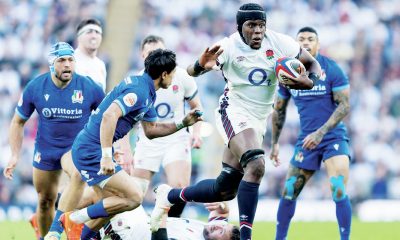

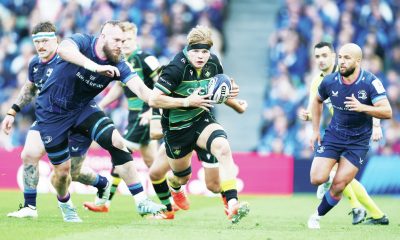

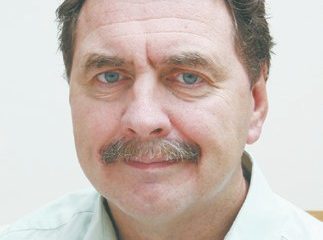

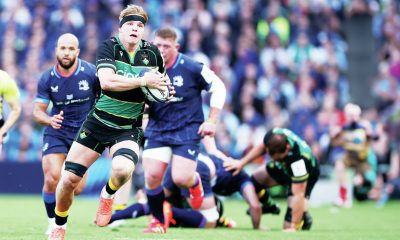

You must be logged in to post a comment Login